
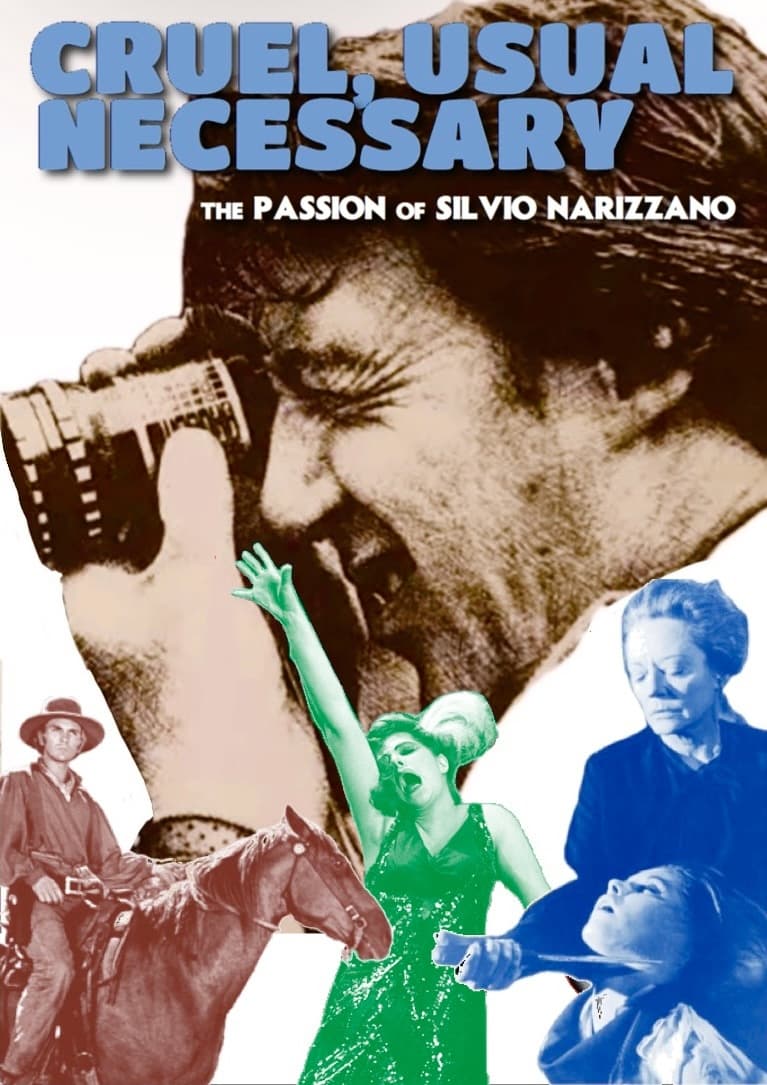
Perhaps at first glance, the filmography of Silvio Narizzano appears unremarkable. Thanks to his sleeper hit Georgy Girl (1966), he's known largely as a "one-hit wonder" director. Upon closer inspection, however, likely no other filmmaker used cinema as effectively to exorcise personal demons in ways both ugly and beautiful. And few directors' sensibilities were more gay, both overtly and covertly. Film historian Daniel Kremer is your tour guide through an obscure, perplexing body of work heretofore ignored and often unfairly shunned. Cruel, Usual, Necessary: The Passion of Silvio Narizzano is an essay documentary of discovery.
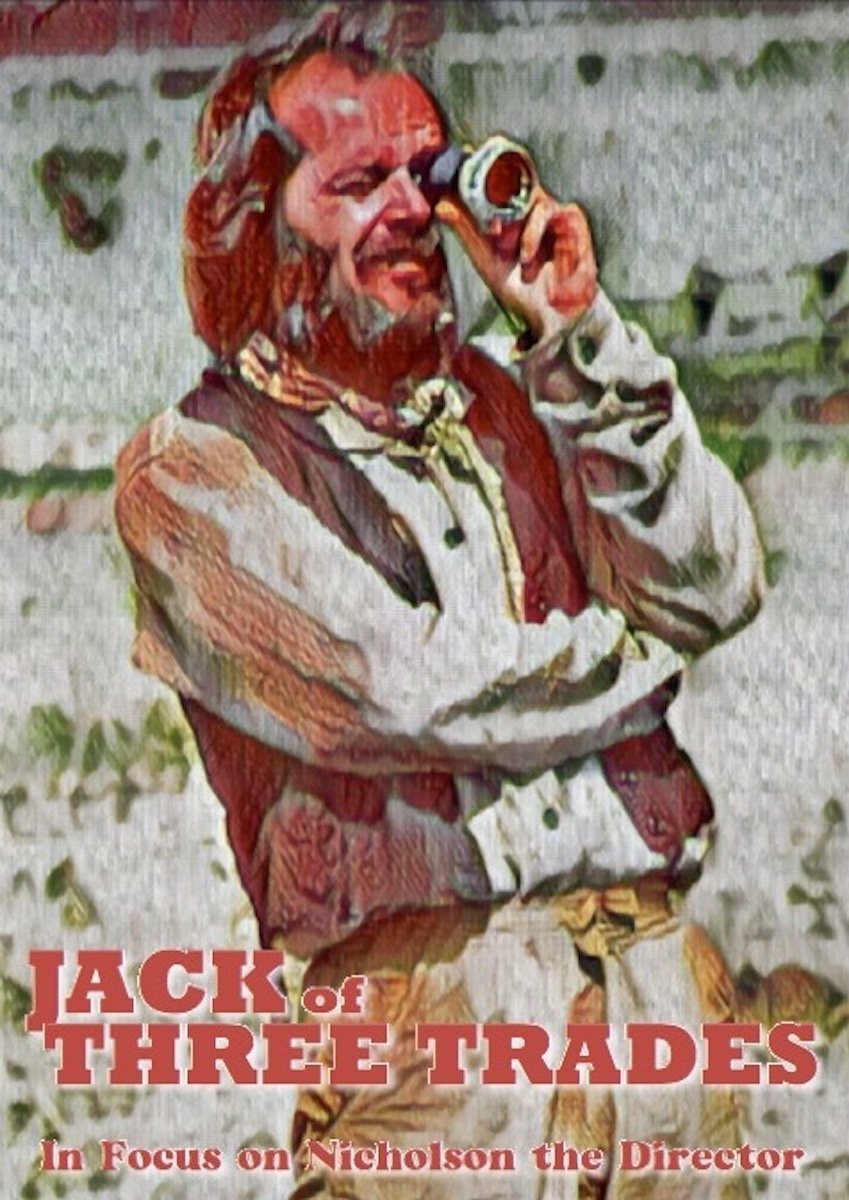
We all know Jack Nicholson the actor. But few know the history of Jack Nicholson the screenwriter, and especially Jack Nicholson the director. Nicholson's lifelong friend, filmmaker Henry Jaglom, reflects on the icon's behind-the-camera career, while film historian/filmmaker Daniel Kremer presents and analyzes the full scope of that history.
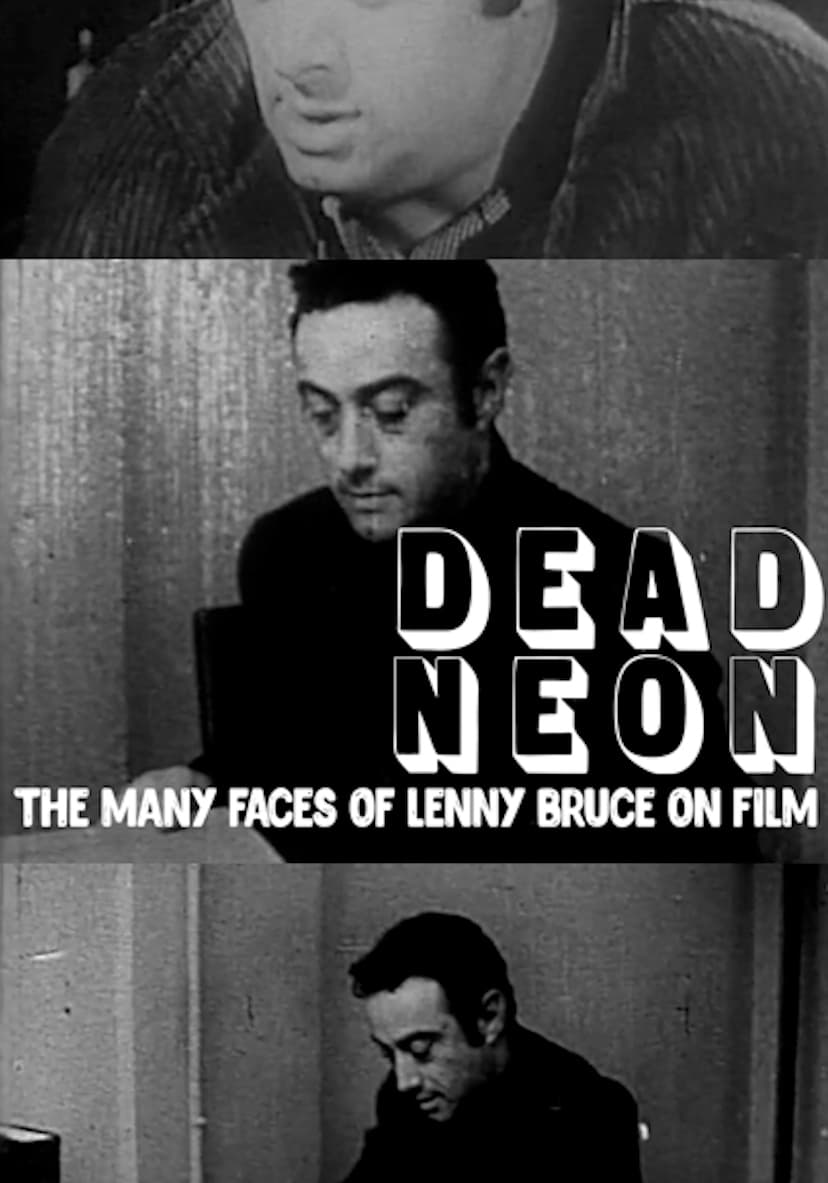
Lenny Bruce's depiction on film did not start or end with Bob Fosse's Lenny (1974). Through these other often offbeat cinematic incarnations, this essay piece considers how Lenny Bruce was the perfect Bob Fosse subject, and how Fosse's focus on the lives of performers invigorated his portrait of the controversial, trail-blazing comic.
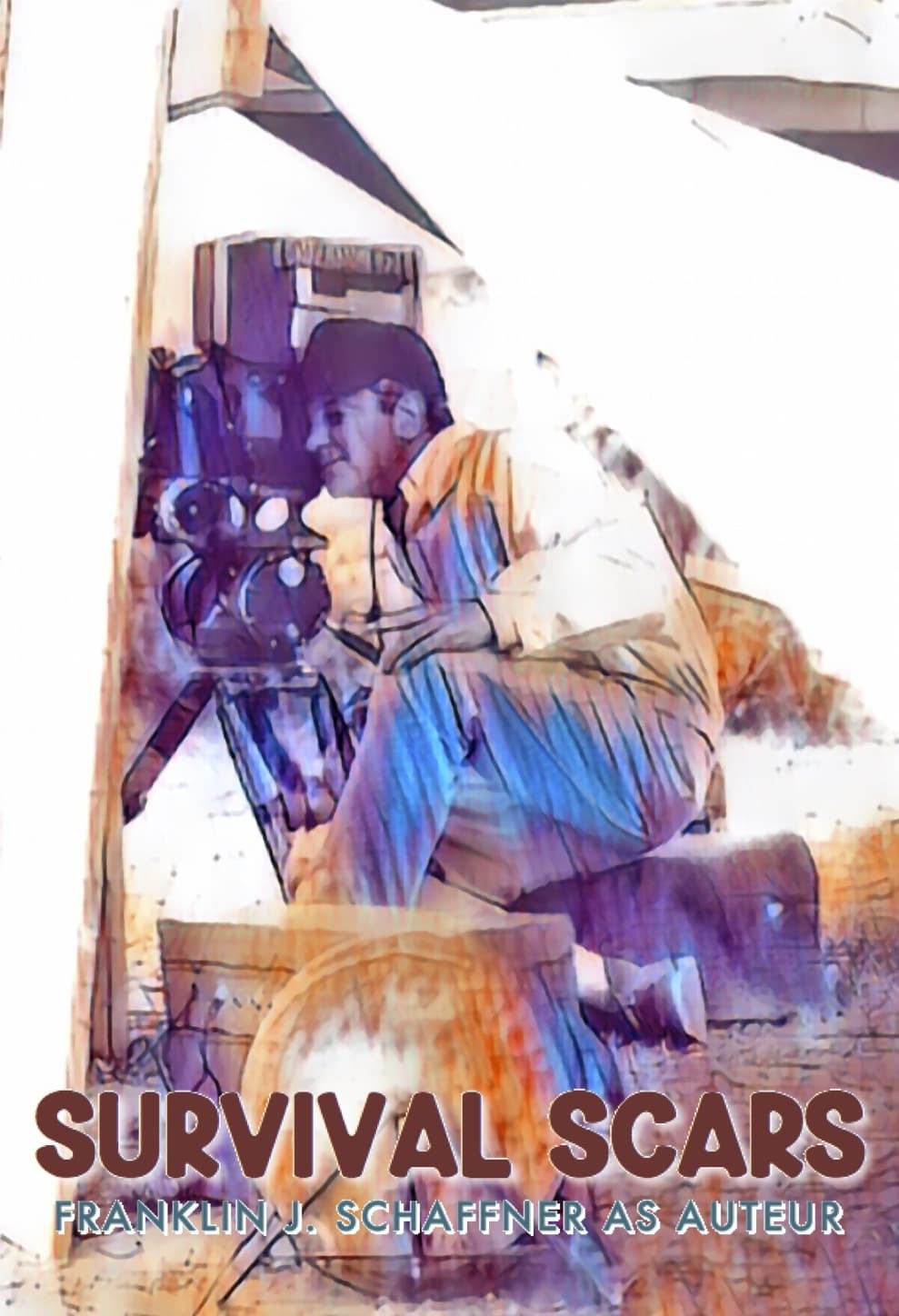
Franklin J. Schaffner is the man behind a great many iconic American films: Planet of the Apes (1968), Patton (1970), Papillon (1973), The Boys from Brazil (1978), and others. Though he was an often enigmatically quiet but no less confident and decisive filmmaker, seldom was he discussed as an "auteur" director, despite his Academy Award win for Best Director and many august institutions naming coveted awards for "excellence in directing" after him. Daniel Kremer takes a deep dive into Schaffner's distinguished career, examining visual and thematic tropes that render his work extremely personal and part of a vast picture.
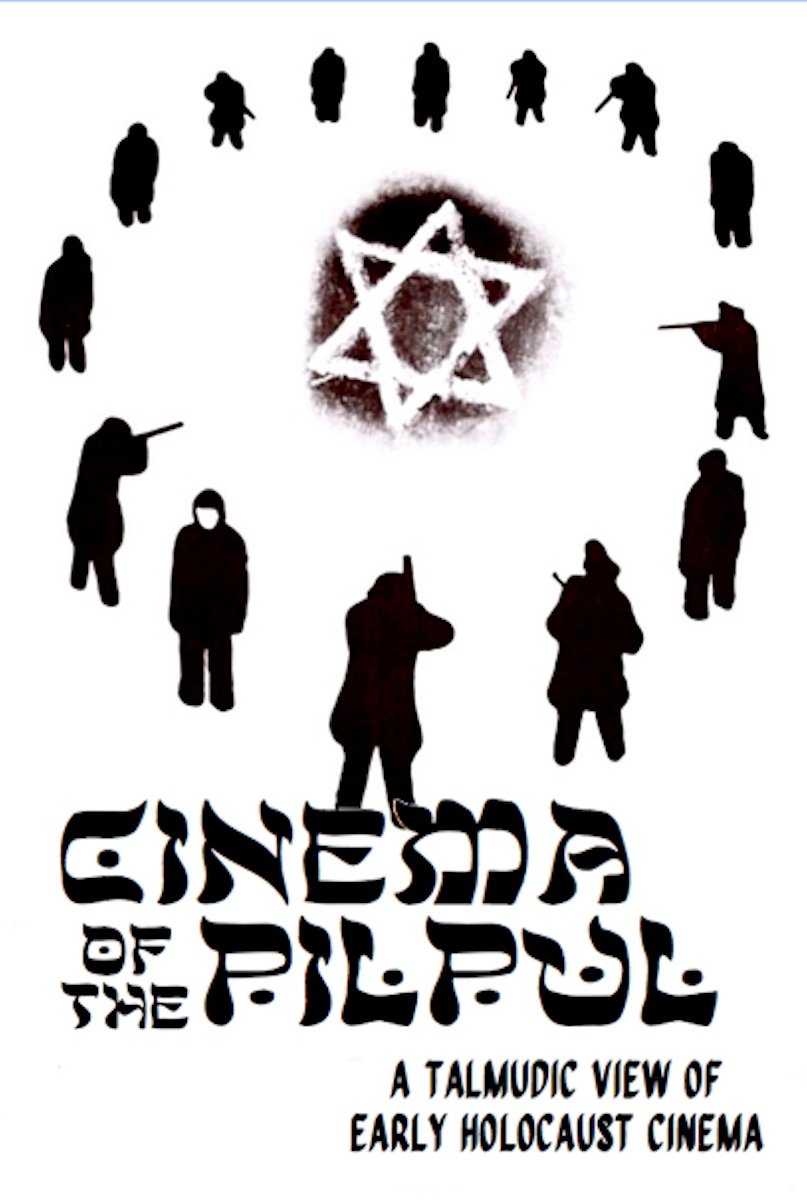
The most that mainstream culture knows of the Talmud is from the finale scene of Schindler's List, when Yitzchok Stern hands Oskar Schinder an engraved gold ring that reads, "Whoever saves one life saves the world entire." But how can Talmudic wisdom be additionally applied to the Holocaust, specifically how the tragedies of the Holocaust are depicted in cinema? Daniel Kremer, a film historian (and one-time observant/Chasidic Jew), takes a deep dive into both Jewish scholarship and what the cinema itself is capable of capturing, for once and for all time.
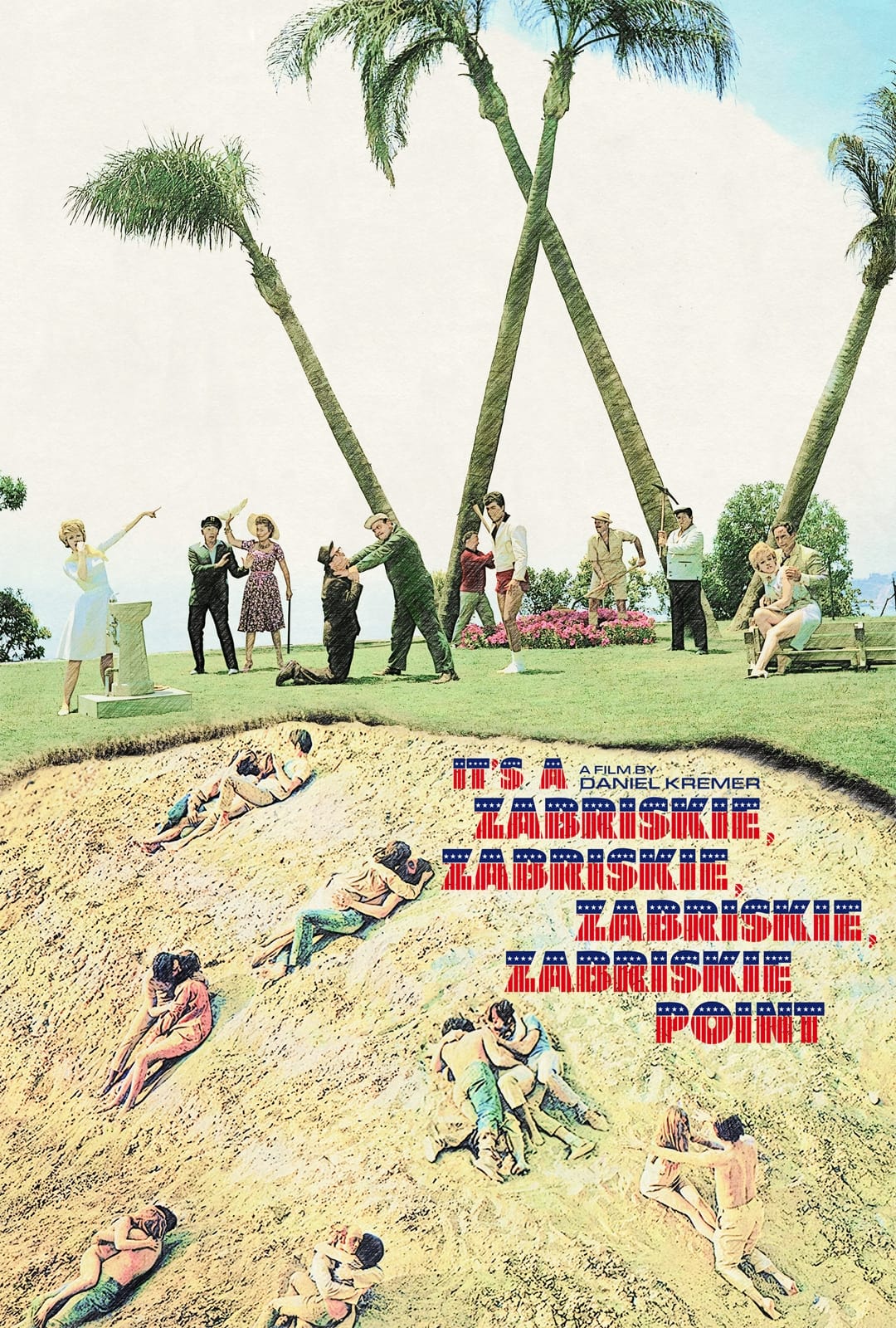
Worlds collide in this unconventional essay film, when filmmaker, film historian, and archivist Daniel Kremer seamlessly edits Michelangelo Antonioni's legendary but controversial counterculture art film Zabriskie Point (1970) into the same narrative universe as Stanley Kramer's madcap epic comedy extravaganza It's a Mad, Mad, Mad, Mad World (1963). In creating these new sequences, Kremer comes to recognize that the exercise effortlessly draws cultural and historical parallels in twentieth-century American life that echo in present-day America. The editorial mashups weave a tangled web of social and cinematic history that root our notions of Americana in the mythology of the desert. As Kremer expounds in his narration on these often astonishing and sometimes shocking associations, his very personal ties to the subject matter become manifest.
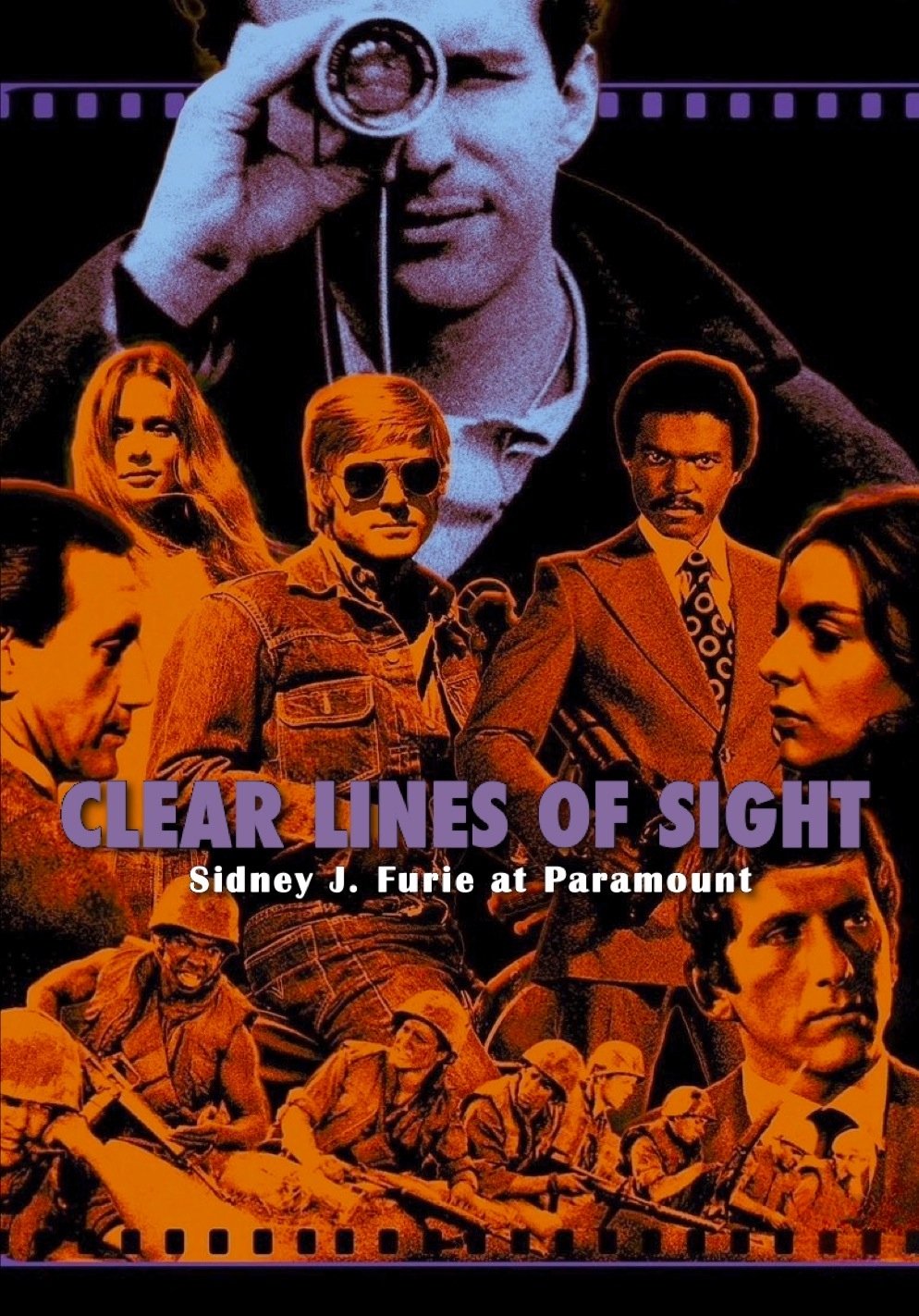
Canadian-born filmmaker Sidney J. Furie made his name with British hits like The Young Ones (1961), The Leather Boys (1964), and The Ipcress File (1965). When he arrived in Hollywood, Marlon Brando and Frank Sinatra wreaked havoc on his first major studio productions. In 1968, the newly emigrated director joined a stable of cutting-edge filmmakers at Paramount Pictures, under the new leadership of Bob Evans. His films saw both a stylistic departure and a shift in thematic focus. What was behind the evolution, and which aspects unite all of Furie's films?
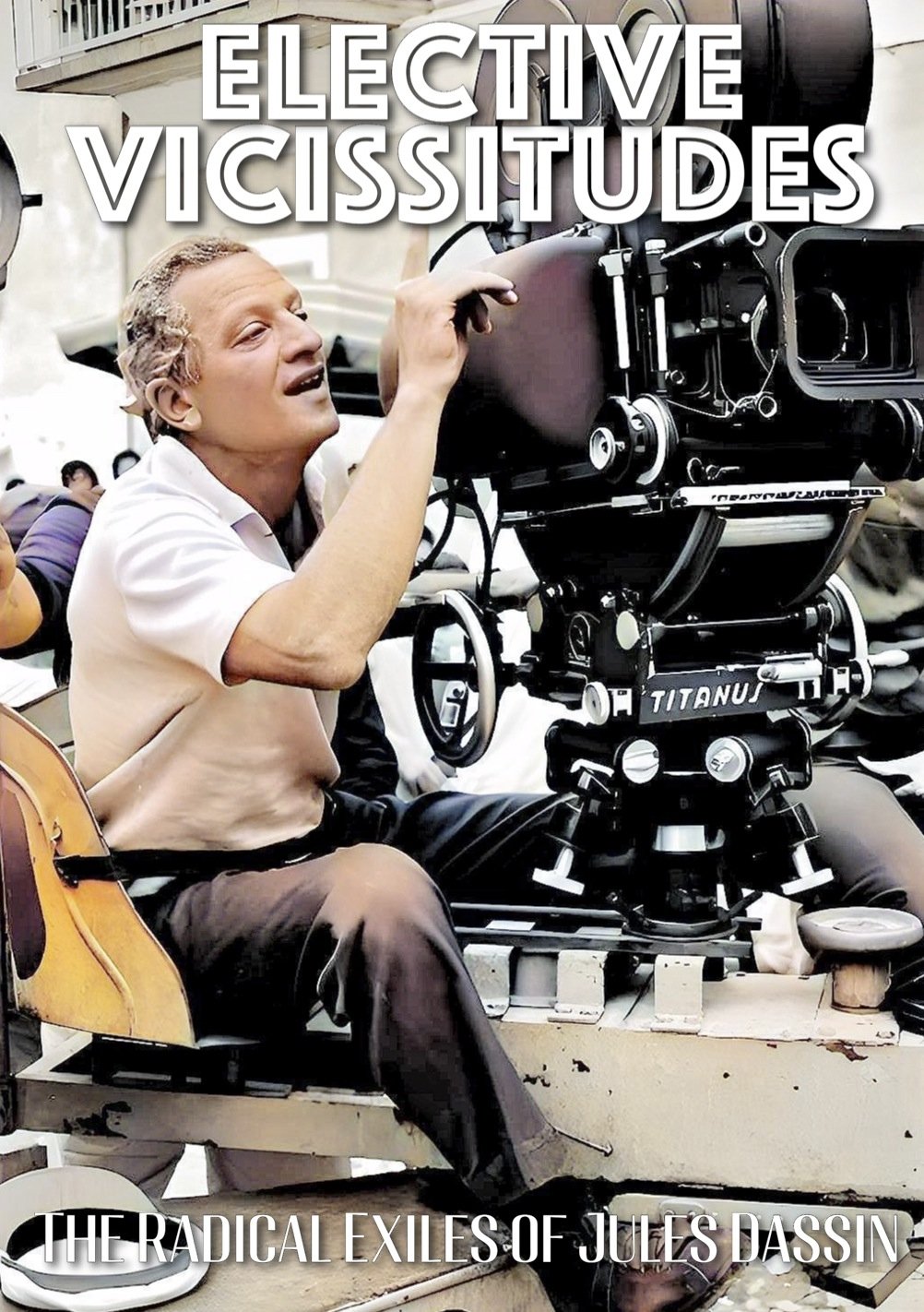
In 1968, filmmaker Jules Dassin collaborated with Ruby Dee and civil rights activist Julian Mayfield on Uptight, a "politically radical" film noir about Black revolution, framed against the April 4 assassination of Dr. Martin Luther King, Jr. Director, producer and co-writer Dassin, a blacklisted American exile, returns to his birth country after having gone into a second exile from his adopted country Greece, then makes a film that roiled the powers that be (or "powers that were") in the U.S. government. The material so upset the FBI that they closely monitored the production up until the eve of its premiere, recruiting crew members as moles. The irony is rich, as Uptight was a remake of John Ford's The Informer (1935) and dealt with a turncoat character who engineers the assassination of a revolutionary leader. How is Uptight both an outlier (or anomaly) as well as simultaneously integral to the career of Jules Dassin?
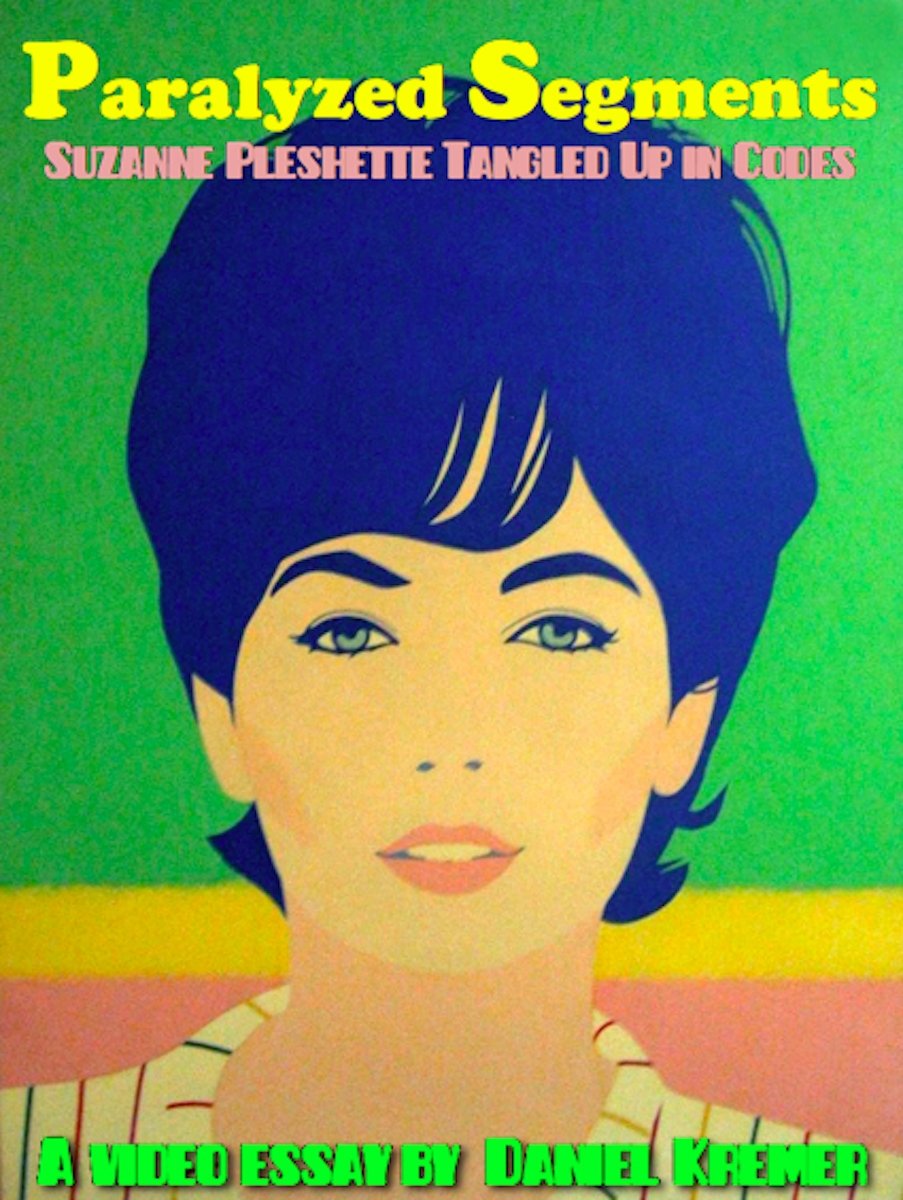
A video essay about fifties and early sixties social and sexual mores, in life and in cinema, and how these "codes" (in partnership with a production Code, capital C, which was almost antediluvian in terms of sexual politics) molded and then trapped the female performers who came up in the shadow of it all. Suzanne Pleshette is a perfect case in point.

Between One Eyed Jacks (1961) and The Godfather (1972), Marlon Brando appeared in twelve feature films. The actor called this period his "F*** You Years" and it was during this time that his on-set behavior hit erratic and unpredictable new heights. The qualities of the roles and the films themselves vary, but this video essay examines the historical and aesthetic profiles of this cinematic so-called "dirty dozen." Were these projects really beneath him? And what led him to this decade of perceived ignominy?
Filmmaker, film historian, biographer, and professional film archivist Daniel Kremer grew up in Pittsburgh, Pennsylvania. He graduated Temple University's film program and now lives in San Francisco. In 2007, while living in Philadelphia, he directed his first feature Sophisticated Acquaintance (2007). His second feature A Trip to Swadades (2008), which was shot on black-and-white super-16mm film, won three Best Feature Film awards. Following that film's international festival tour (which included Rotterdam), he moved to New York City, where he lived for nearly seven years. At one point, he studied to be an Orthodox rabbi, but gave it up to continue pursuing film. In 2011, he completed his acclaimed follow-up feature, The Idiotmaker's Gravity Tour (2011). The film was lensed predominantly in India. Subsequent to that, he directed Raise Your Kids on Seltzer (2015), Ezer Kenegdo (2017), Overwhelm the Sky (2019), and Even Just (2020) in the San Francisco Bay Area, using independent filmmaking icon Rob Nilsson's regular cast and crew. The critically lauded Overwhelm the Sky was given special coverage for having been released in the classic epic "roadshow" format, and was picked up for distribution by Kino Lorber. His partly autobiographical cinema-themed essay documentary It's a Zabriskie, Zabriskie, Zabriskie, Zabriskie Point (2023) garnered raves from the British Film Institute, veteran critic Gerald Peary (For the Love of Movies), and many others. Kremer has screened work at the Toronto International Film Festival (TIFF), the Joseph Conrad Festival in Krakow, Poland, Maryland International Film Festival, San Francisco Independent Film Festival, Brussels International Film Festival, Glasgow Film Festival, the International Film Festival Rotterdam, Fantasporto Film Festival in Porto, Portugal, Rivers Edge International Film Festival, Mill Valley Film Festival, and many other international venues. His second book, currently in editing at Oxford University Press, is the first to cover filmmaker Joan Micklin Silver (Hester Street, Chilly Scenes of Winter, Crossing Delancey). His first book, about the life and career of filmmaker Sidney J. Furie (The Ipcress File, Lady Sings the Blues, The Boys in Company C, The Entity), was published by University Press of Kentucky's Screen Classics Series in November 2015. His third book, now being researched, will be the first to cover the life and career of classic Hollywood director Irving Rapper (Now Voyager, The Corn is Green, The Brave One, Marjorie Morningstar). As a film scholar, he has provided DVD/Blu-Ray commentary tracks for sixteen companies. As a Trailers from Hell guru, he is listed alongside other gurus like Guillermo del Toro, Luca Guadagnino, Eli Roth, Joe Dante, Edgar Wright, John Landis, Roger Corman, John Sayles, and many others.
By browsing this website, you accept our cookies policy.